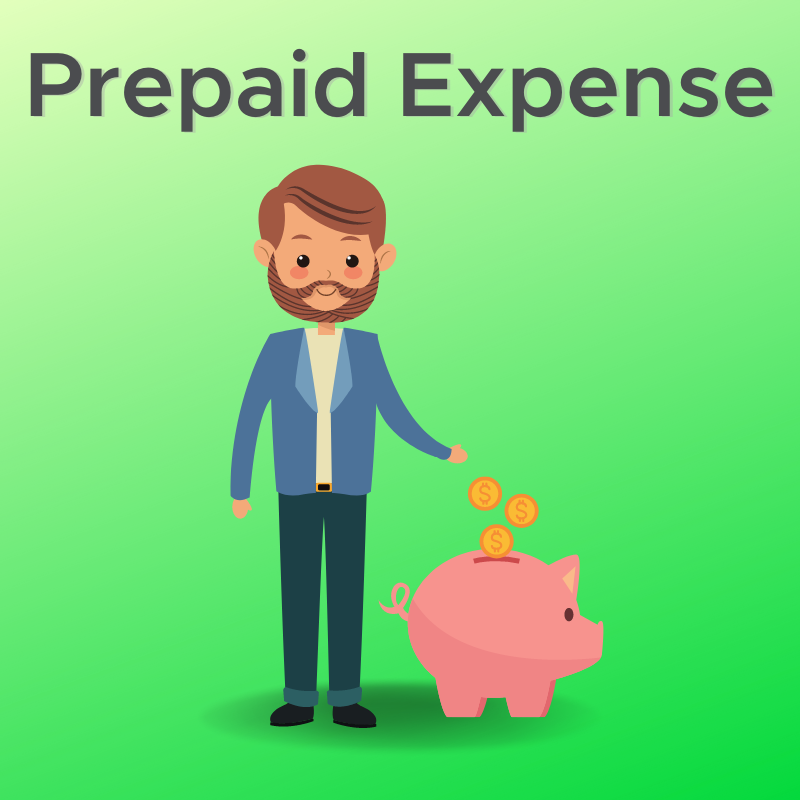Prepaid Expense
A Prepaid Expense is an expense for something that you have already paid for, but you haven’t yet received the benefit of that expense. For example, if you pay your July rent on June 15th, that is a prepaid expense, because you are not receiving the benefit of that rent payment (using your space) until July.

A prepaid expense is on your balance sheet as a current asset. It is an asset to you that you would receive back should the vendor not deliver. If your office building that you rent were to burn down on June 20th, you would be owed that July rent back because the landlord was unable to fulfill its commitment of providing you a space to do business.
A common prepaid expense is prepaid insurance. This is because many insurance companies require that you pay for your full annual premium (or a large portion of it) upon signing the agreement for insurance. However, even though you pay the full premium in January, for example, you are using that insurance for the entire year. This means that the expense should be recognized over 12 months instead of being all recognized in the month that it was paid.
Impact to Financial Statements
When you pay out money for an expense that you are not yet getting the benefit of, you will have a reduction in cash and an increase in your prepaid expense asset on your balance sheet. Then, when you have received that benefit, you would increase your expense on your profit and loss based on what was paid for, and you would decrease your asset on your balance sheet, because you have received that benefit.
It is important to handle your prepaid expenses appropriately in order for your financials to be reflective of how your business is truly performing. If you didn’t see your insurance expense each month, you might think that your business was doing much better than it was. And, then, bam – one month you lose $15,000 because you recorded the full payment at that time and realize you weren’t doing as well as you thought.
Written by: Shauna Huntington
Check out these other blogs that can help you with your financials: Reviewing Your Financials: Top 5 Things to Look For, Understanding Negative Balances on Your Financial Statements, Your Balance Sheet: Why It’s Important
